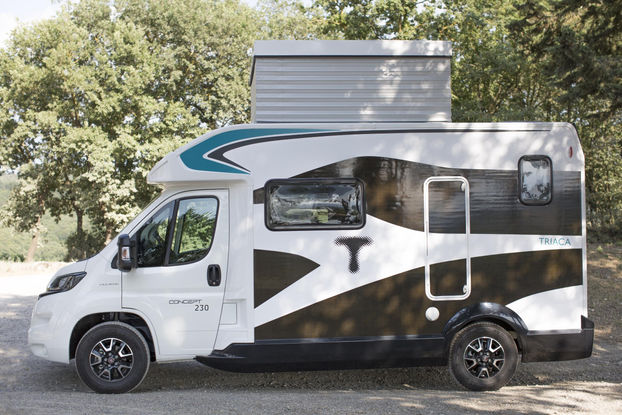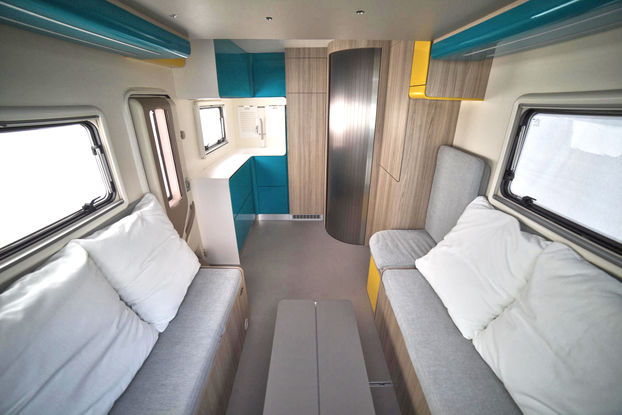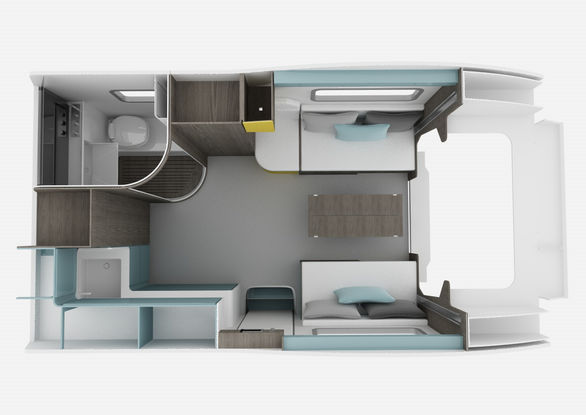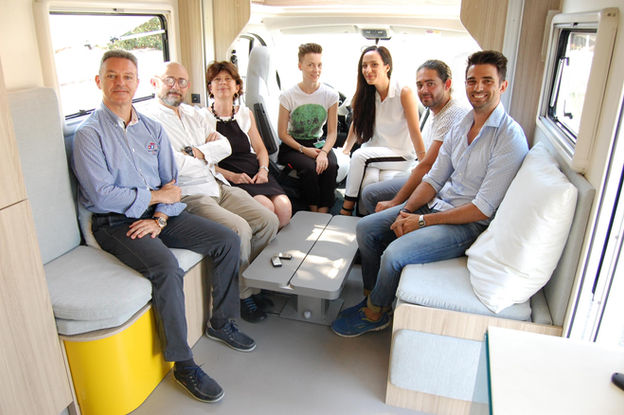TRIACA - Research program
Technology solutions for the camper sector
General Info
Technology solutions to reduce environmental impact of the camper in the usage phase.
Typology
Tuscany Region POR CReO 2007-2013 LINE OF INTERVENTION 1.5.a - 1.6 SINGLE CONTRACT R & D YEAR 2012
Period
2012-2015
Coordination
Francesca Tosi (Scientific Coordination), Giuseppe Lotti, Vincenzo Legnante
Research institutes
Centro Sperimentale del Mobile e dell’Arredamento (CSM)
Consortium Ubiquitos Technologies – Cubit
Consorzio Polo Tecnologico Magona – CPTM
Department of Architecture (DIDA) - University of Florence
Department of Communication Sciences, University of Siena - DISCO
Team
Alessia Brischetto, Irene Bruni, Daniela Ciampoli, Stefano Follesa, Marco Mancini, Marco Marseglia
Collaborators: Andrea Martelli
General Objective
The project aimed to create value for camper sector companies improving the environmental quality of the product. General objective was to improve the product quality in the term of environmental impact both in the production phase through the application of sustainable materials, and in the usage phase through the limitation of the consumption. Specific objectives include the improvement of the usage experience of the vehicle.
The project has been developed in close collaboration with Sustainable Design Laboratory (LDS).
The contribution of the Ergonomics & Design Laboratory (LED)
The laboratory developed various activities starting from the analysis and evaluation of the problems, and contributed at final concept definition. Specifically, it were identified the related European standards for the sector during the research phase. Than it was identified the analysis of the characteristics of the user through the collection of specific anthropometric parameters. It was developed a comparative analysis by typology after the competitors and various representative reference models was identified.
It was applied methods for usability evaluation through the involvement of users and according to the human-centred designprinciples. The evaluations took into account dimensional and functional characteristics; cognitive aspects regarding the management of automation; perceptual aspects, related to the interpretation of the living space; habits, capabilities and limitations as well as the lifestyles of users.
The data collected were processed and summarized in a project proposal in line with the work of all other research groups involved. The study of space led to a reorganization of the areas of the vehicle and its equipment, aimed to improve the living conditions and the internal convertibility for the comfort of the users. The solutions have been verified through virtual simulations. Furthermore the interactive control panel was the solution to promote responsible behavior for saving resources.
The research aimed to evaluate the ergonomics of the products in the camper industry, defining innovative solutions. All as part of a research conducted on behalf of Trigano - Triaca to provide an innovative camper in terms of environmental sustainability, energy efficiency, and ergonomics.
All the environmental sustainability aspects from Life-cycle assessment (LCA) evaluation, to the selection of sustainable materials for the realisation of the design proposal have been curated by the Sustainable Design Laboratory (LDS).
The environmental improvement in the use phase was achieved through a rationalization of the interior spaces - distribution, ergonomics and mechatronic applications - without compromising functionality, through the action of design. "Concept 230" is an innovative vehicle caravan, lighter, where particular attention has paid to the interior and to the energy saving. All in terms of reduced environmental impact extended to the whole product lifecycle.







